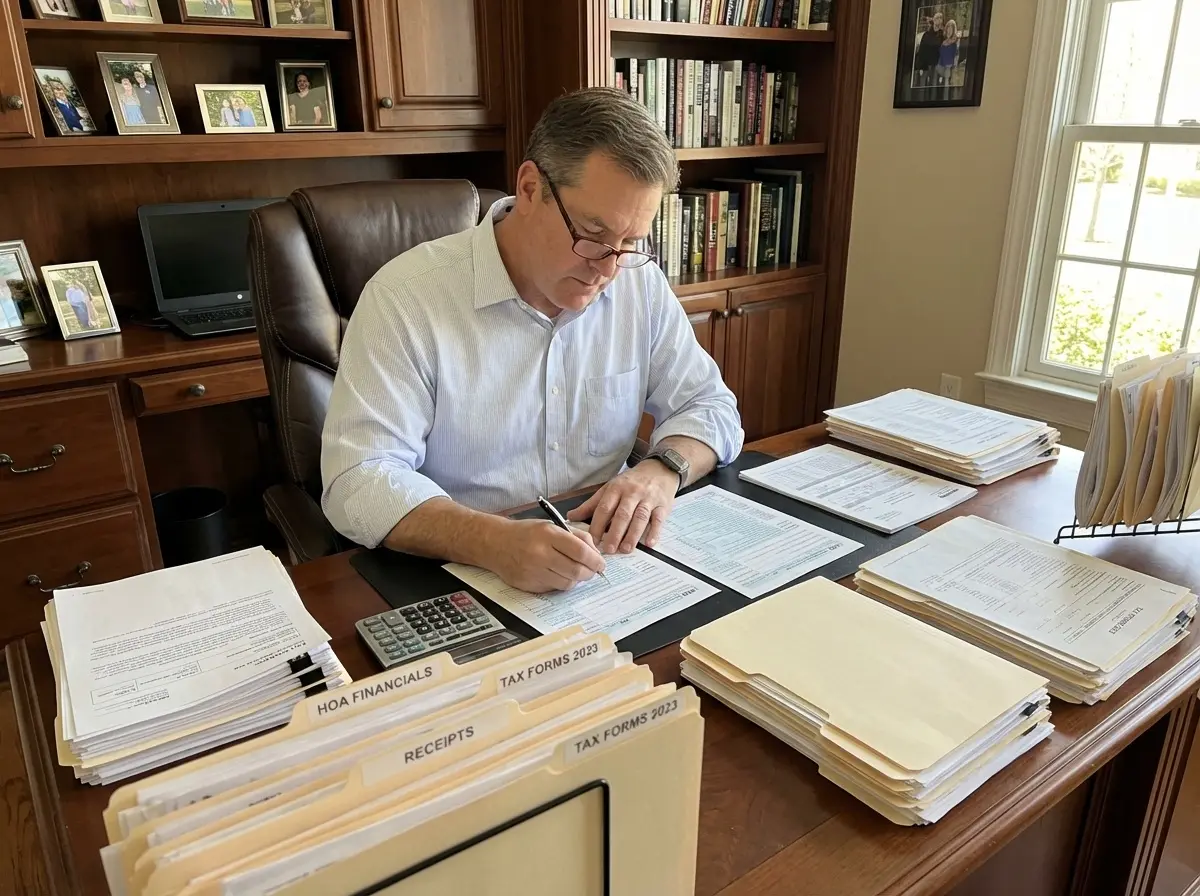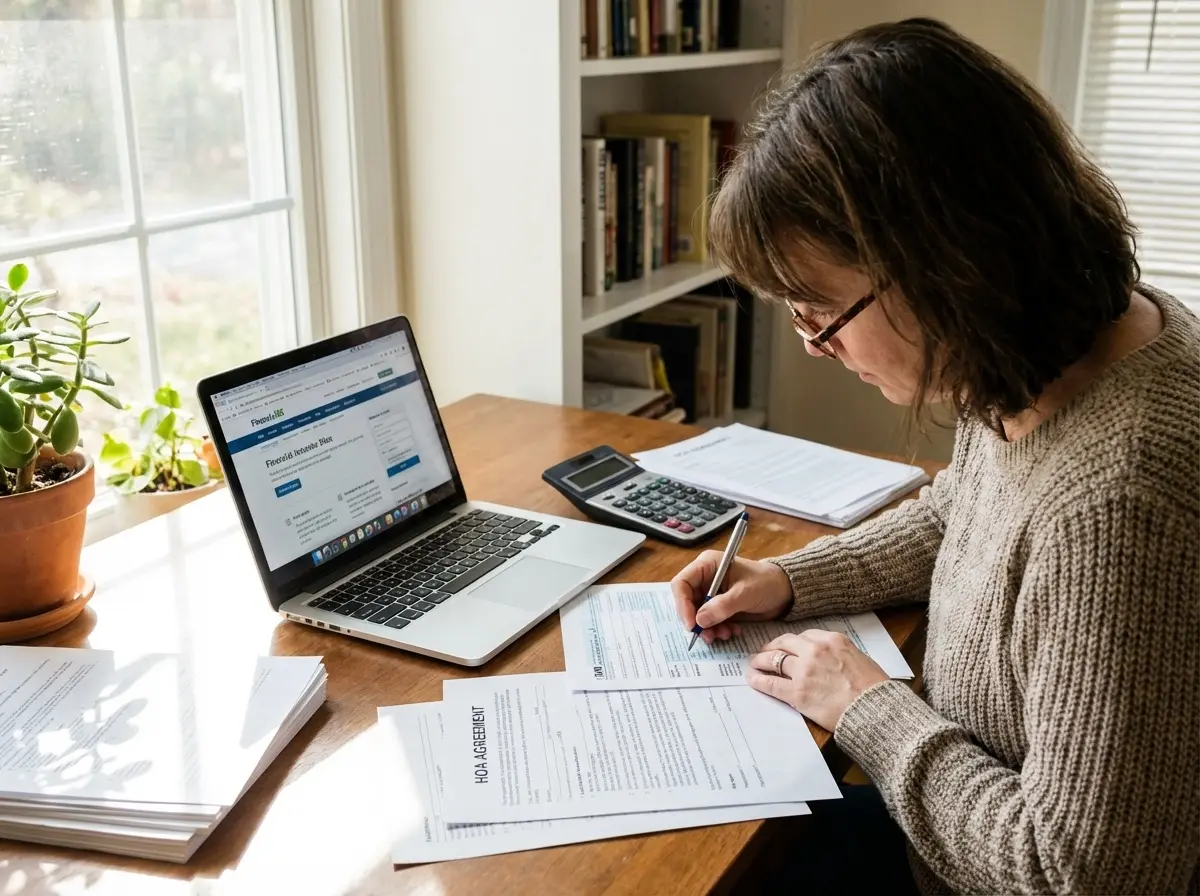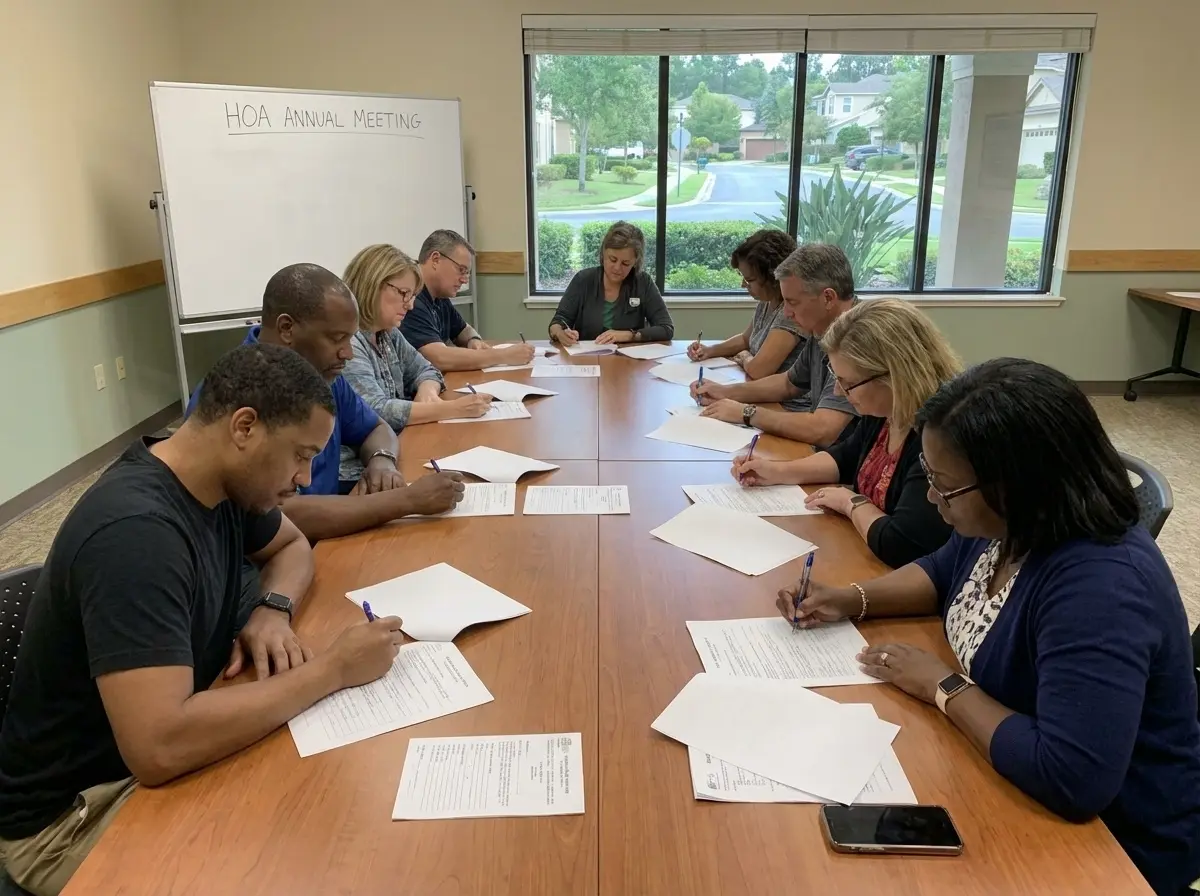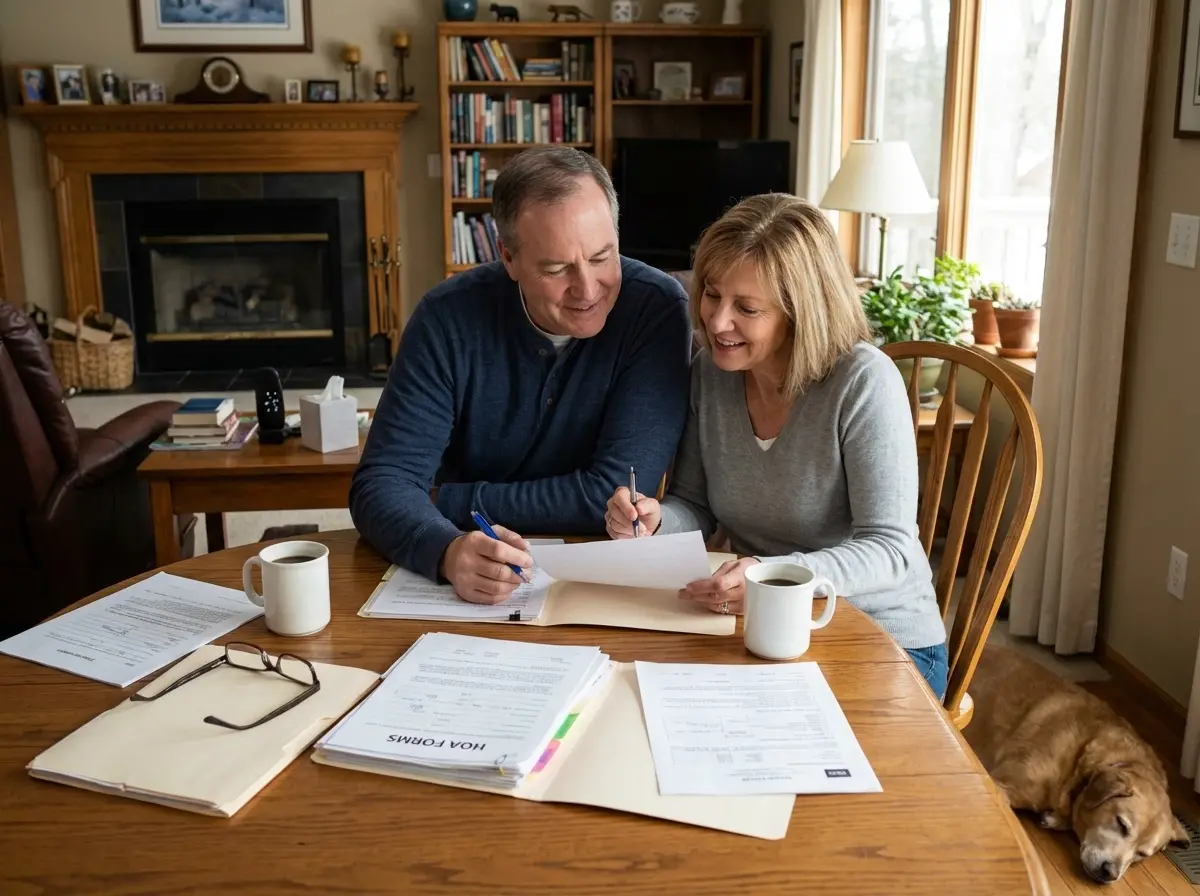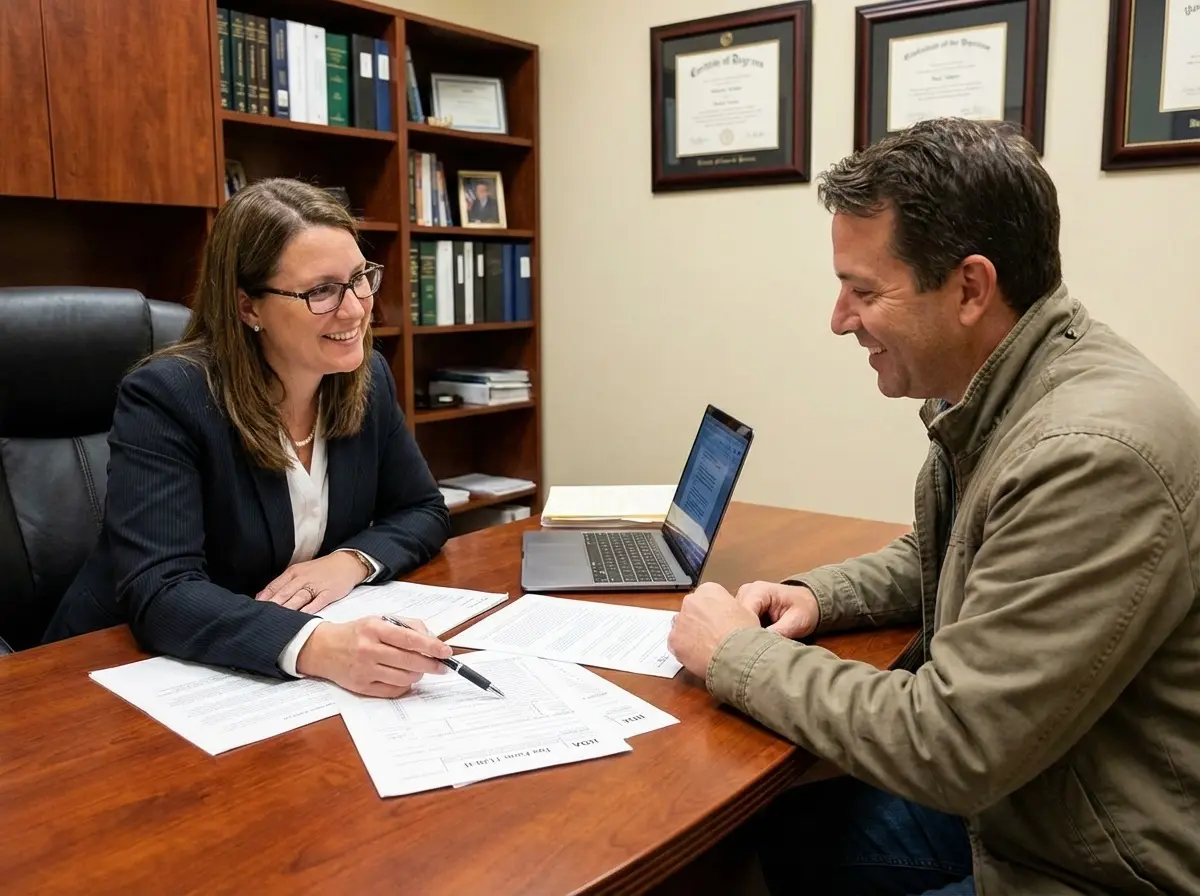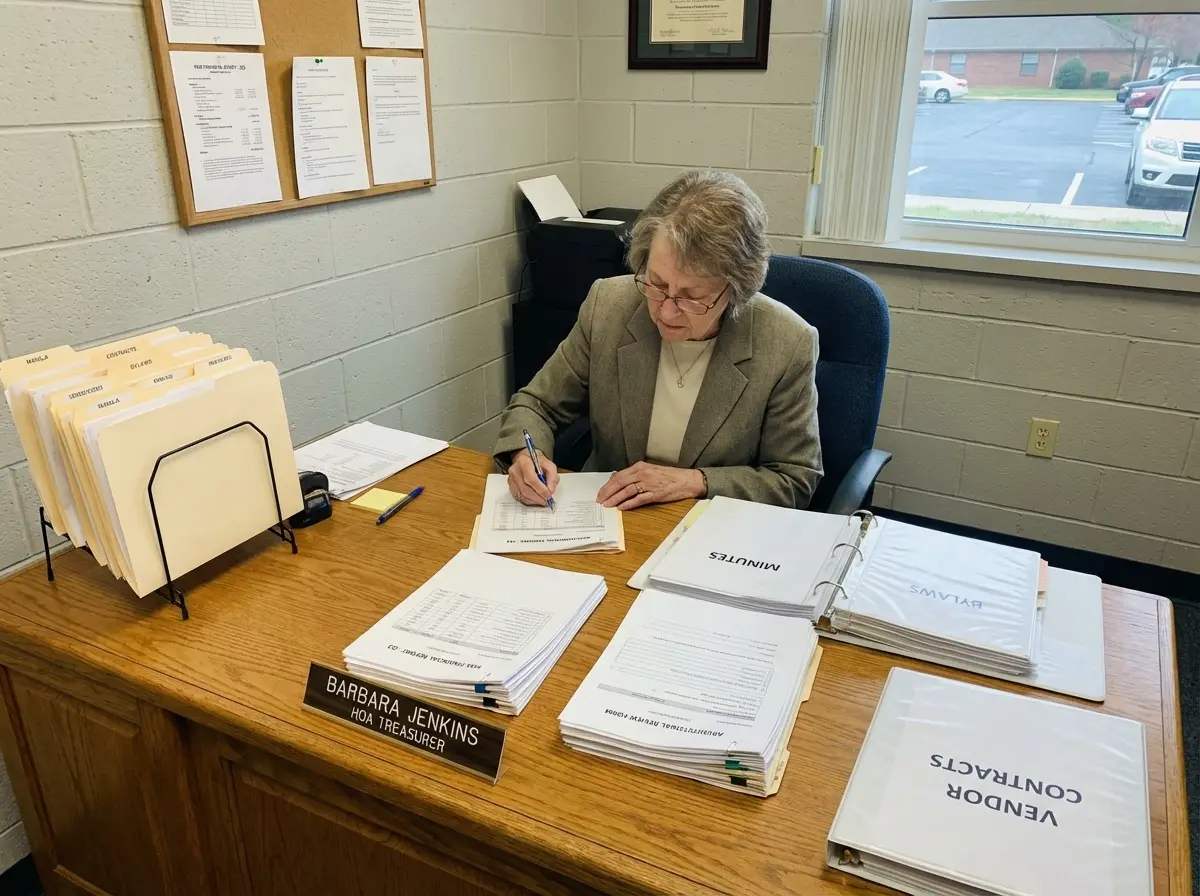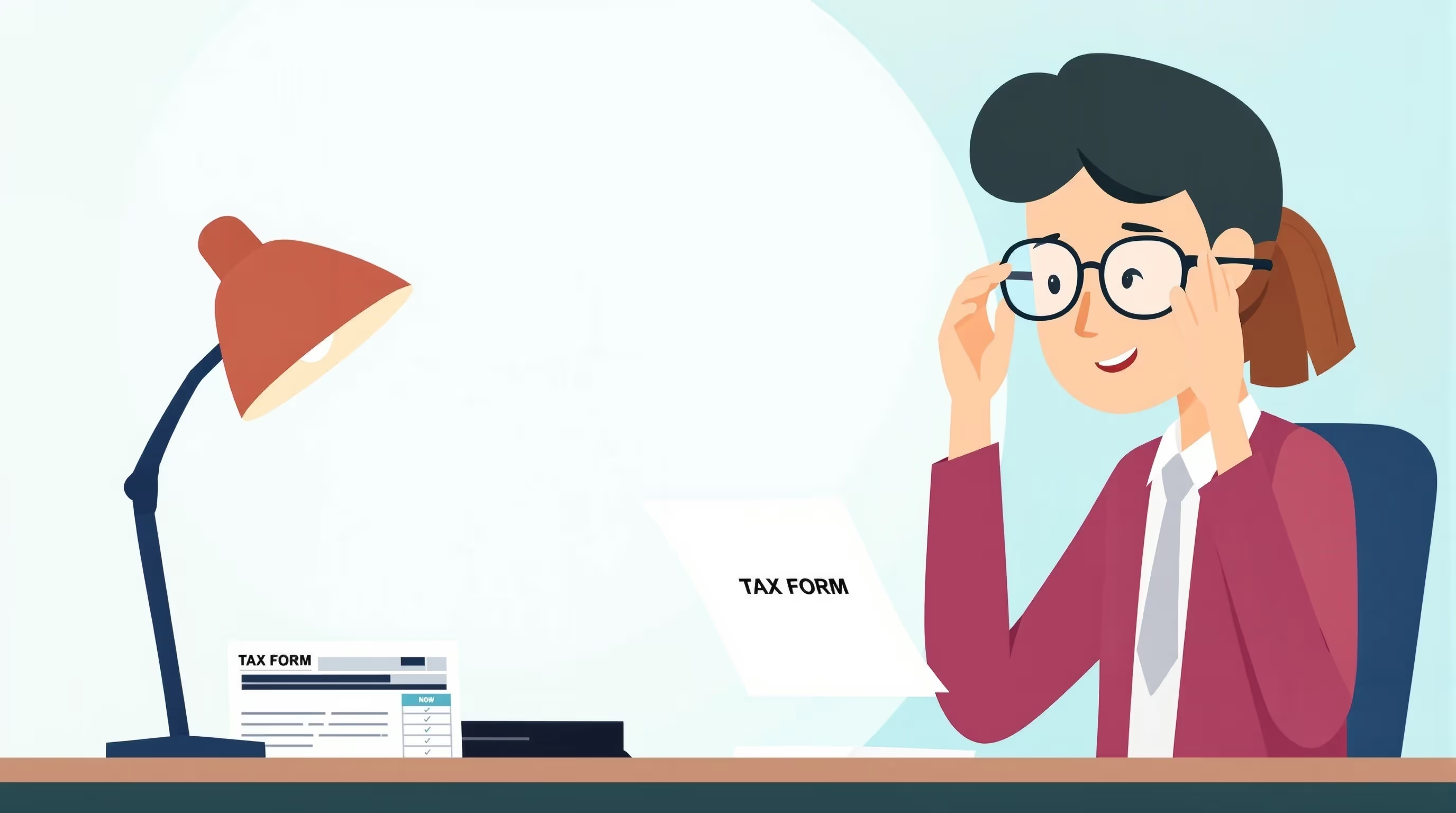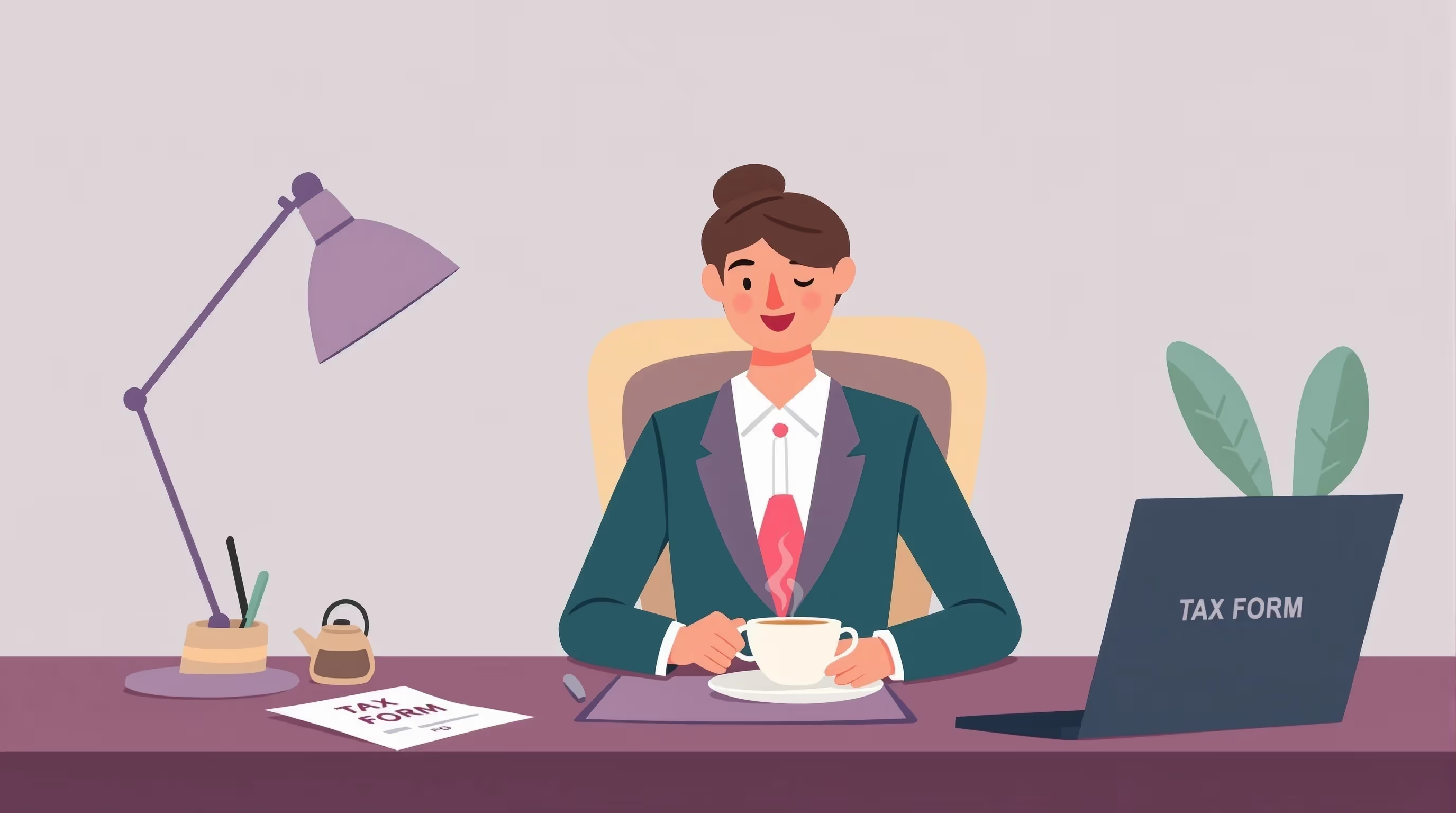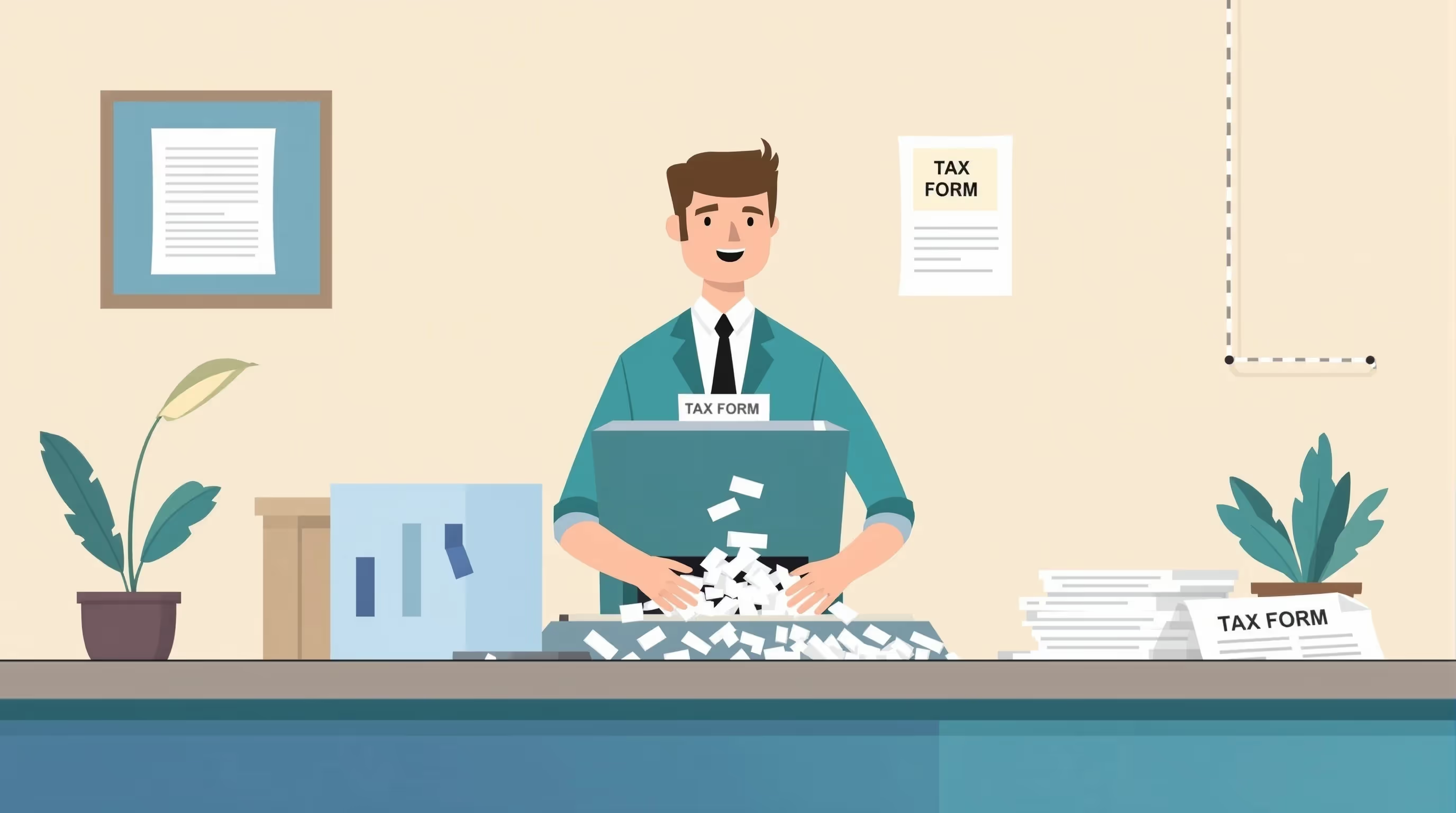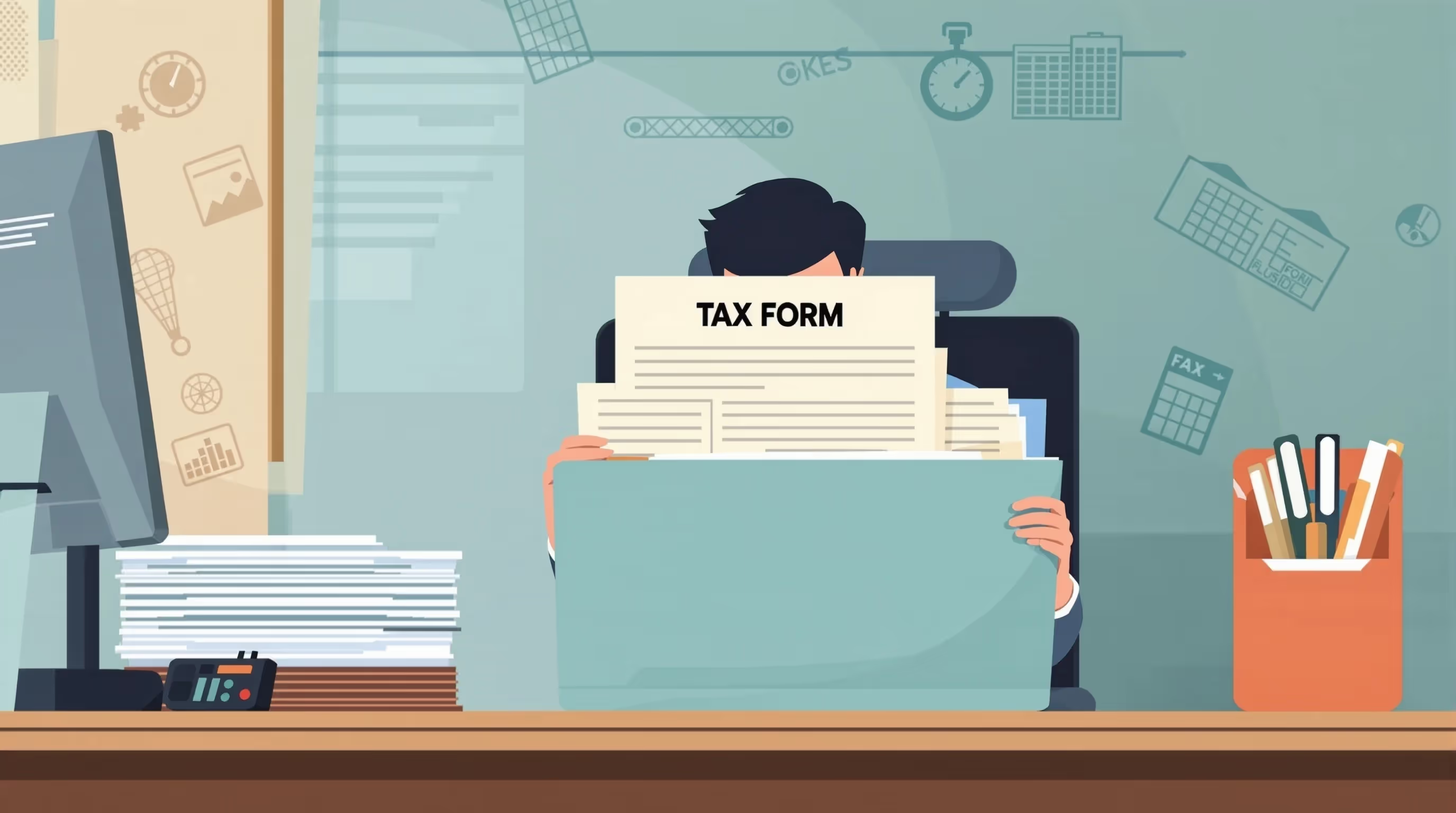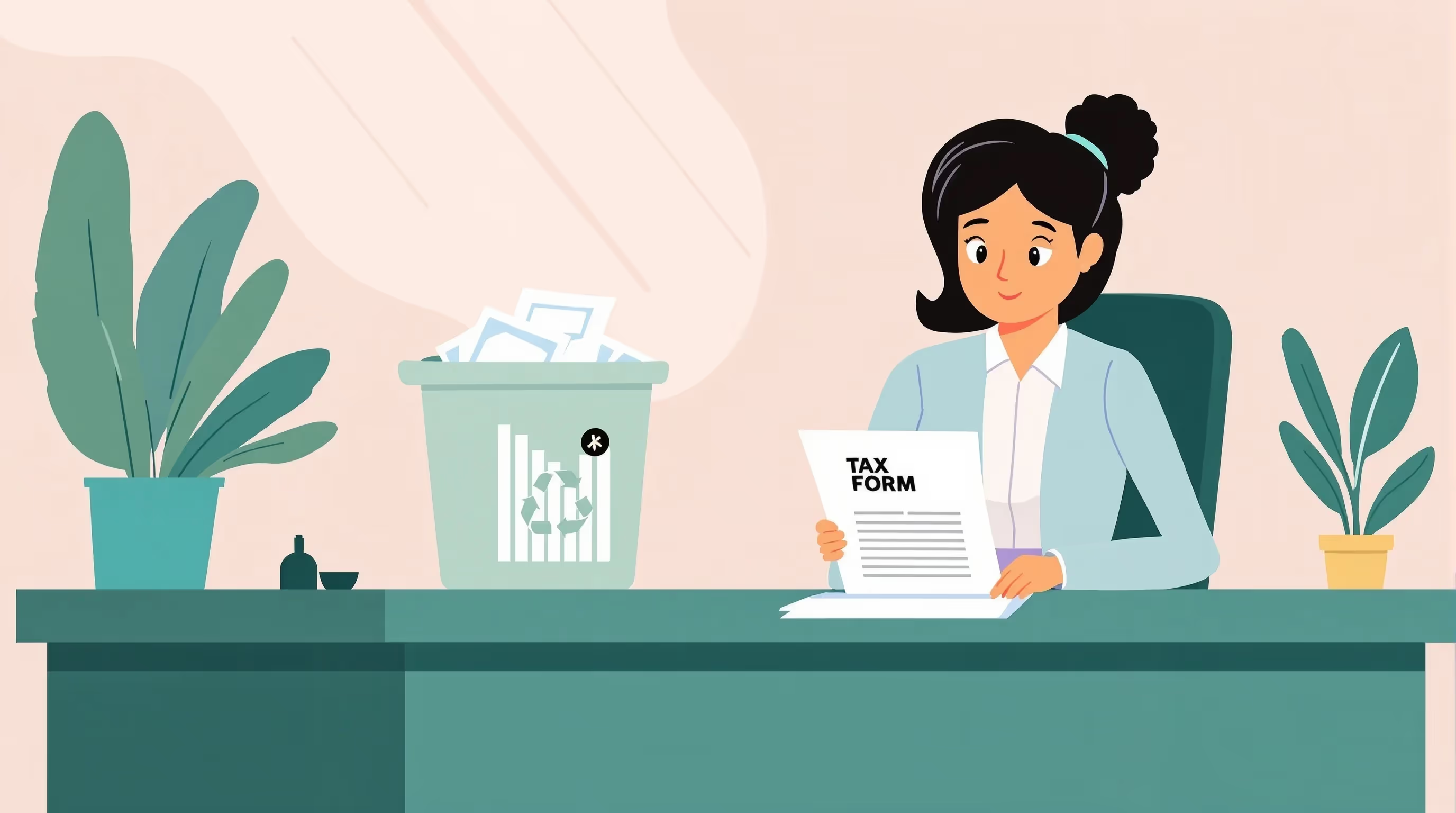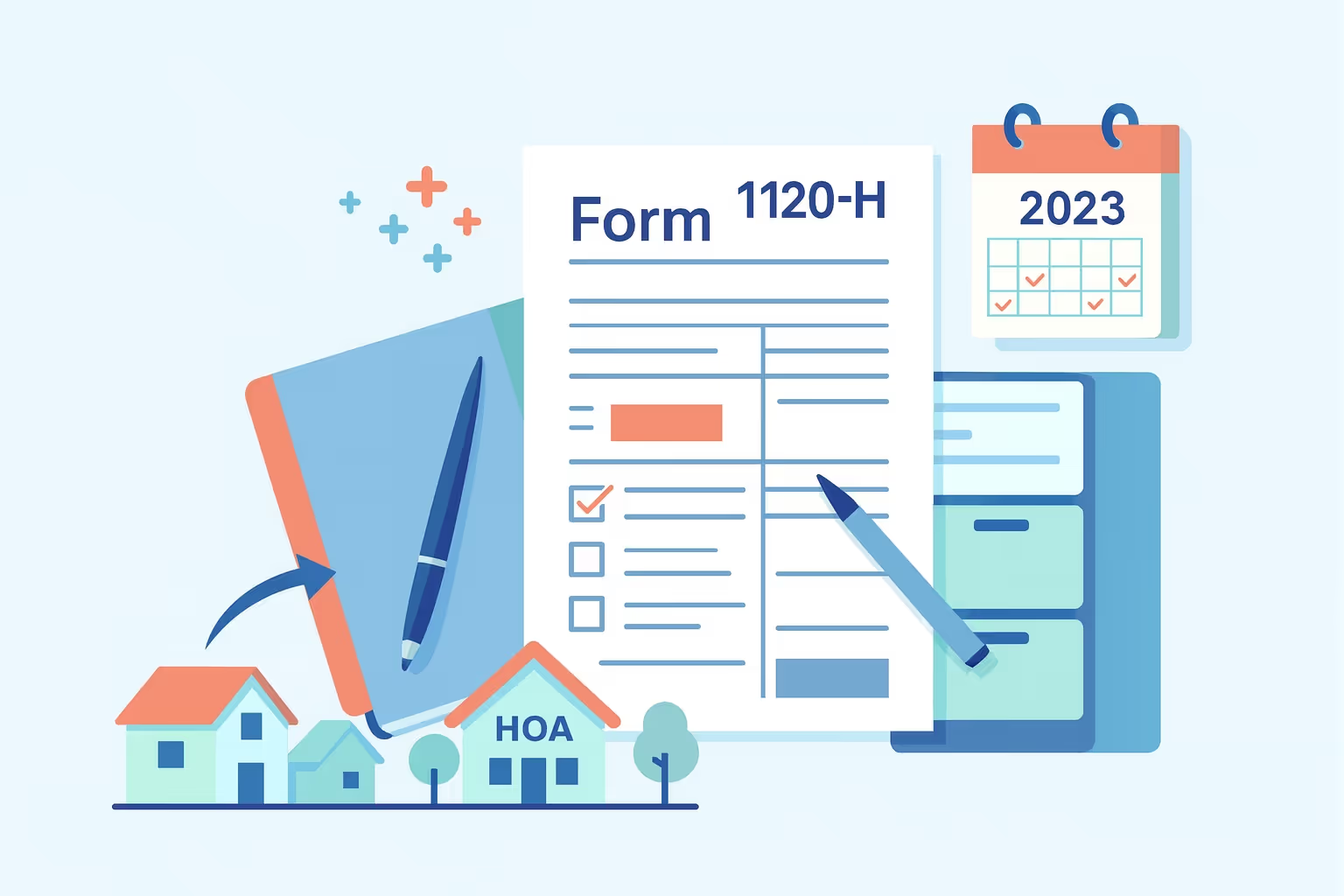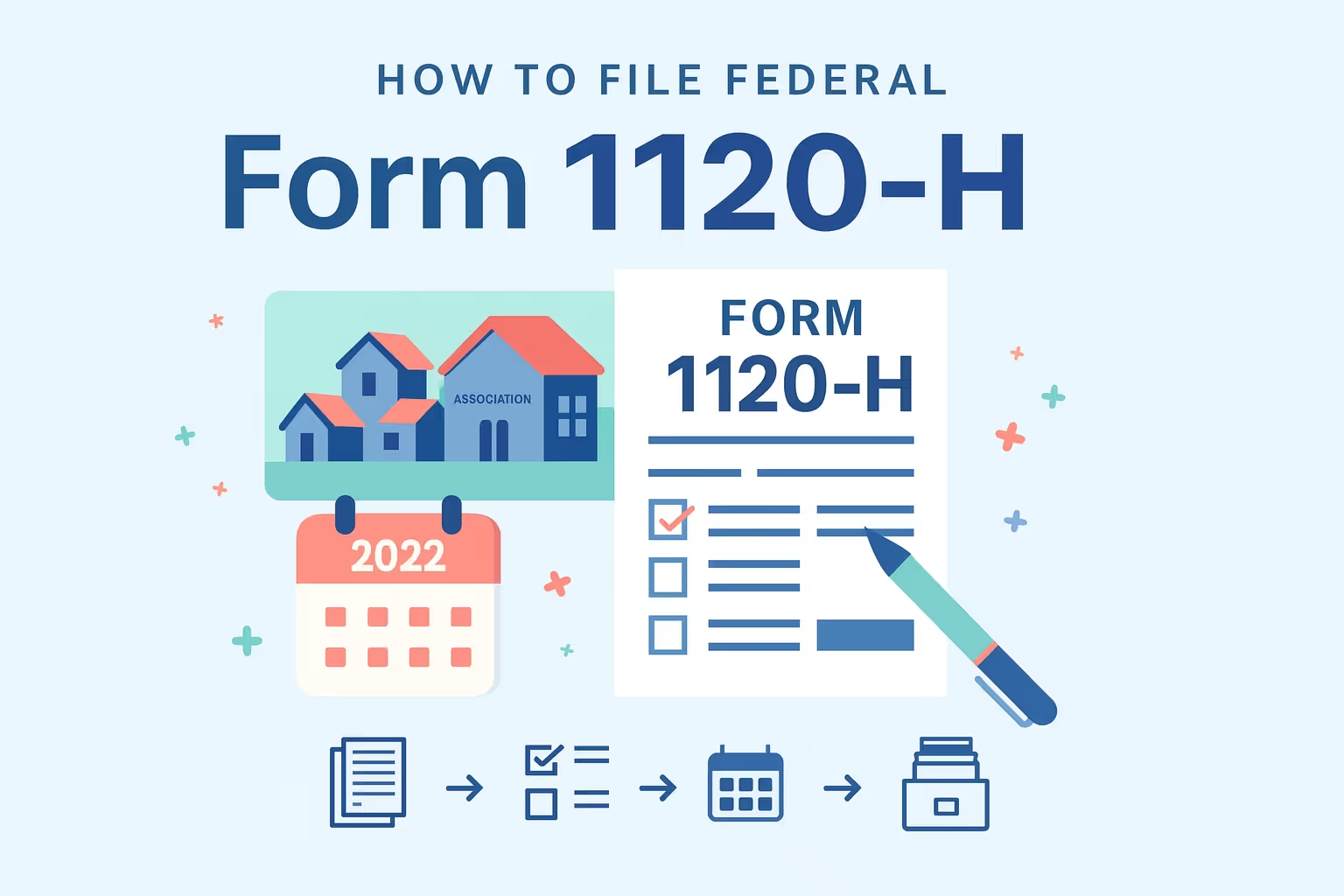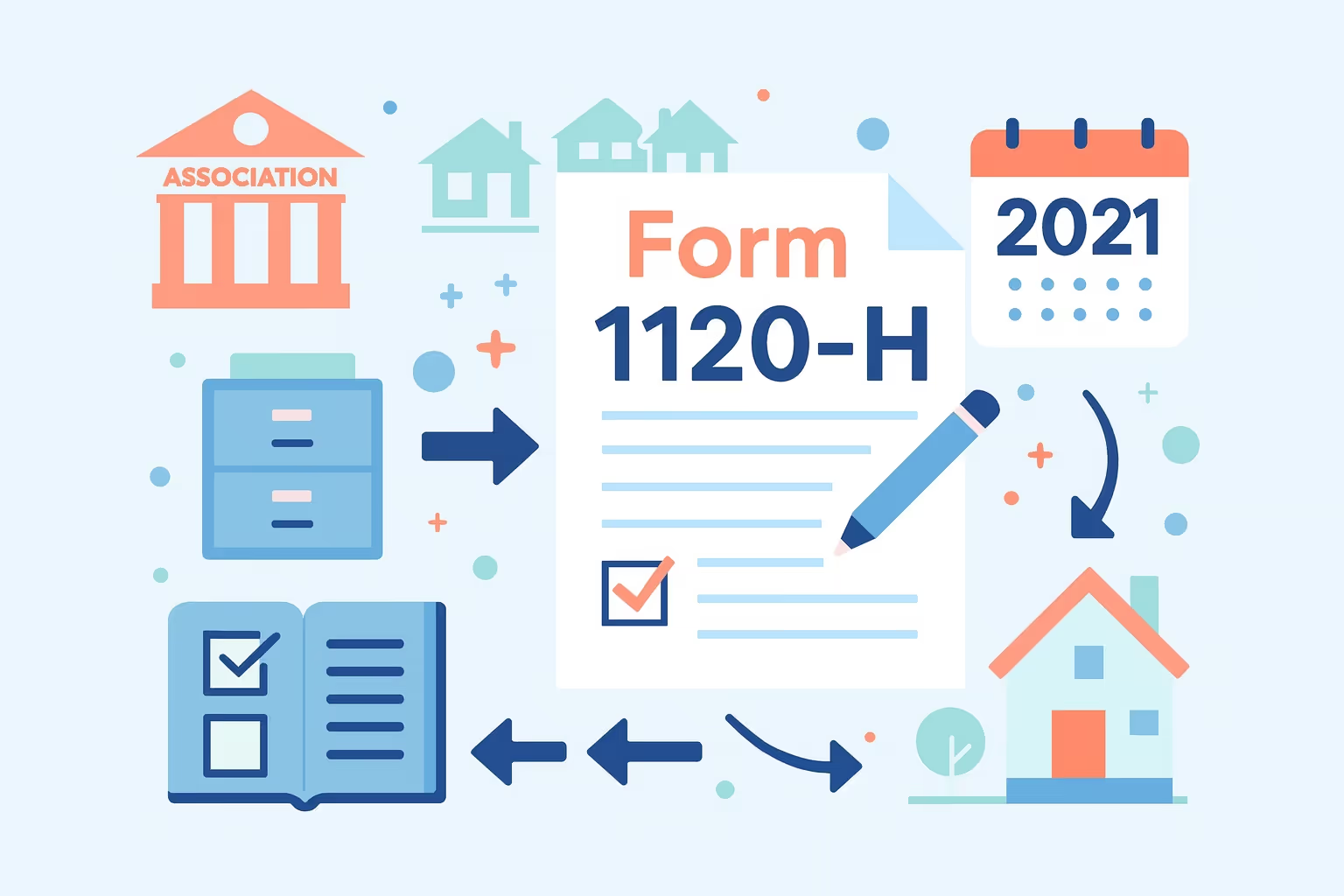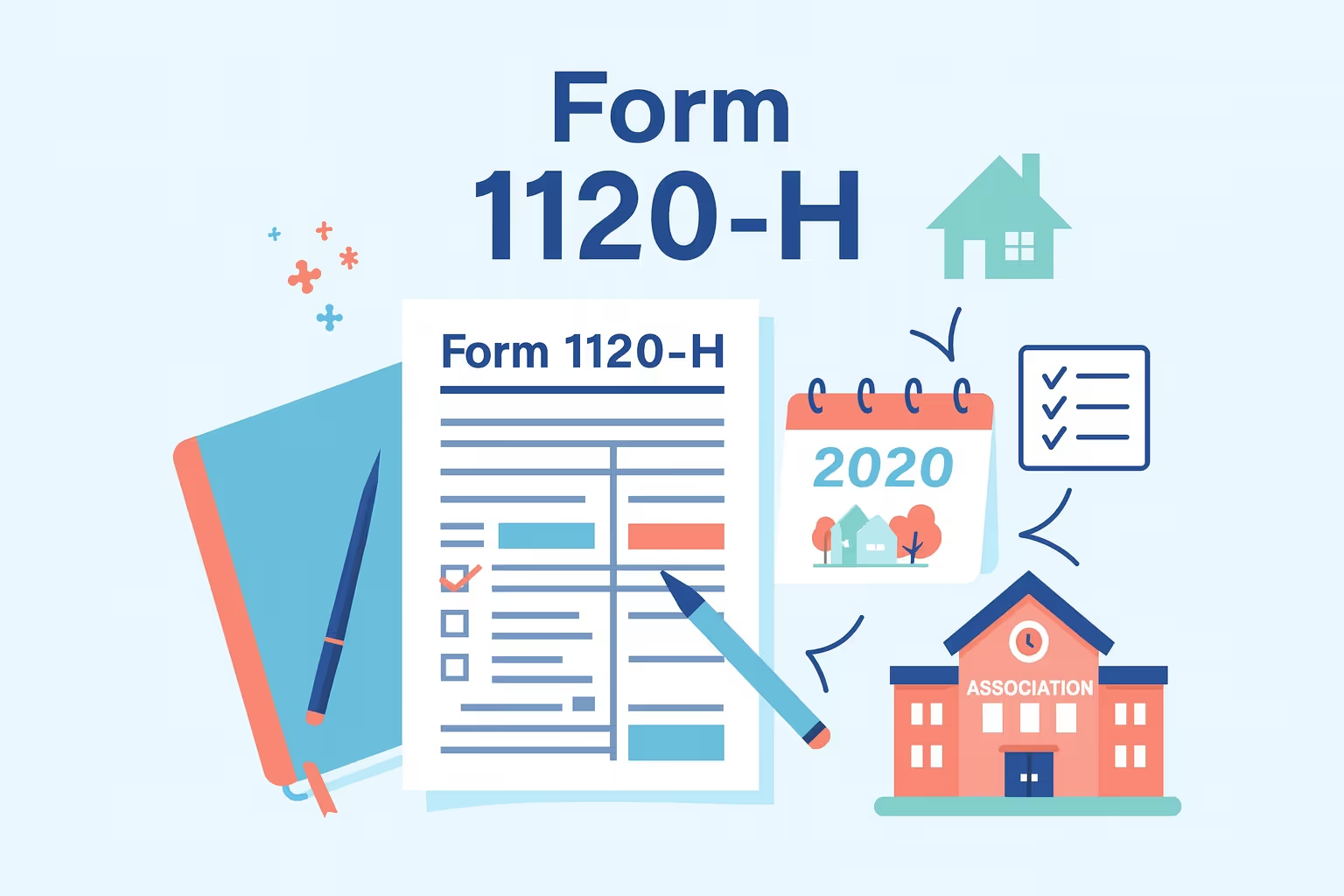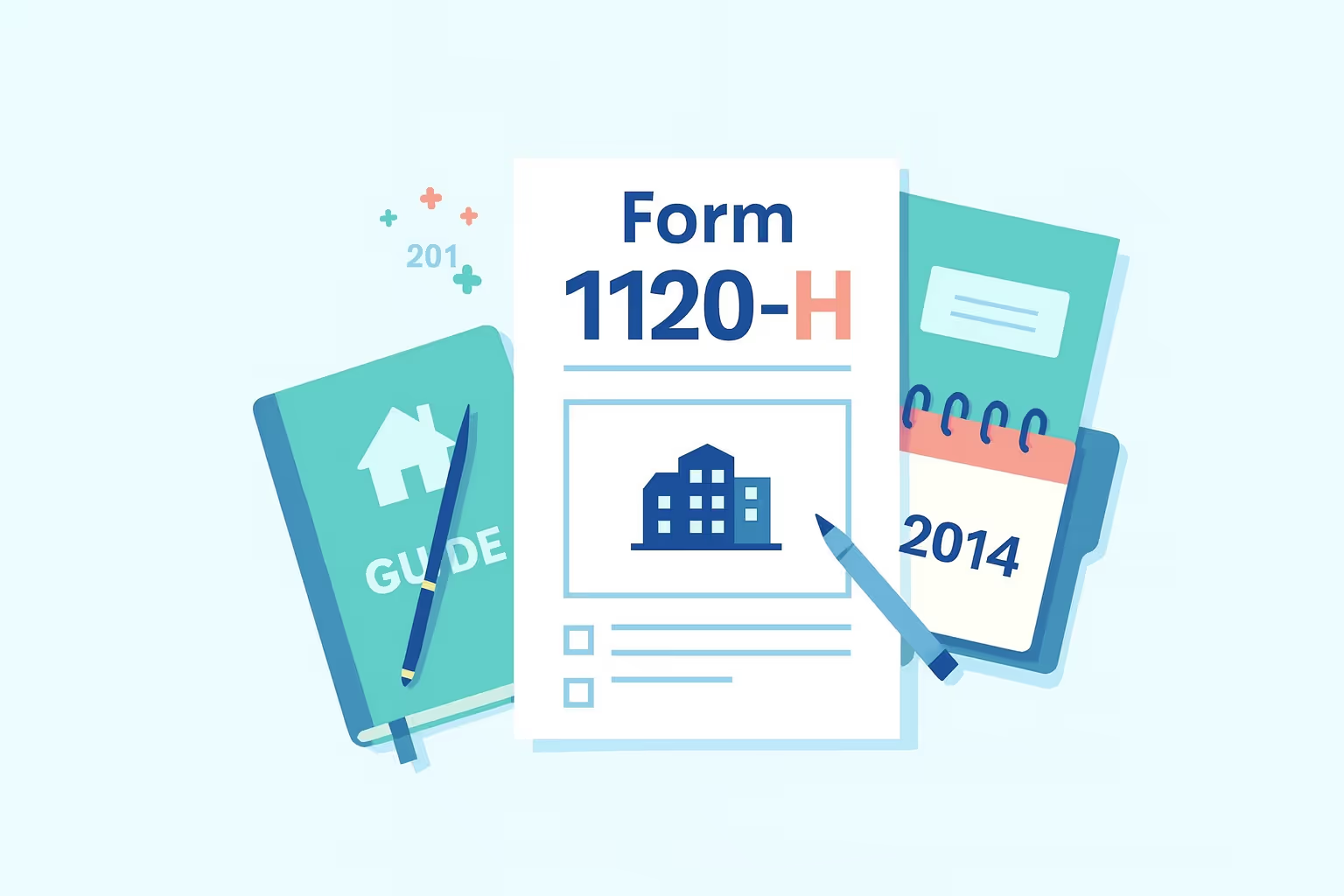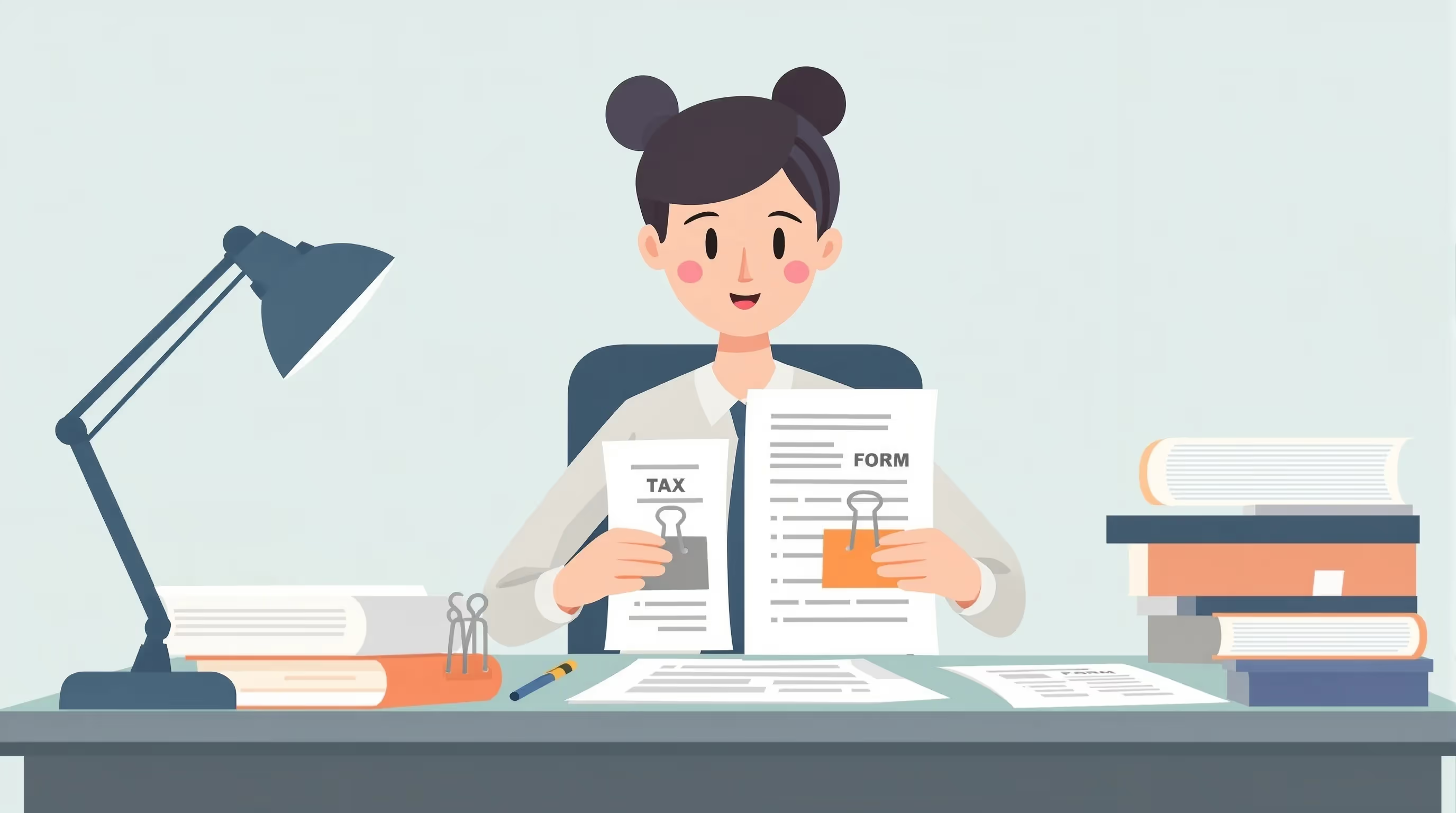
What IRS Form 1120-H (2021) Is For
IRS Form 1120-H (2021) is the income tax return used by homeowners' associations that elect to file under Internal Revenue Code Section 528. This corporation income tax return provides associations with certain tax benefits when they qualify, allowing them to exclude exempt function income—namely, membership dues, assessments, and fees—from their gross income. Exempt function income consists of amounts collected to maintain association property, provide the association’s services, and support members. Once the election applies, the IRS imposes a 30% tax rate on taxable income, or 32% for a timeshare association.
This filing option helps taxpayers who manage a homeowners association, condominium management association, or timeshare association when the form fits their circumstances. The IRS considers the association’s activities, collections, and spending before confirming that it may elect this form.
When You’d Use Form 1120-H for 2021 (Late or Amended Filing)
You would file IRS Form 1120-H (2021) late or amend the tax return when the organization misses the tax year deadline or discovers an error. Many associations file after receiving an IRS notice showing failure to file, failure to pay, or missing information. An amended return may be required when income, assessments, or real estate taxes were misreported.
A late filing can lead to penalties, interest, an estimated tax penalty, or loss of eligibility for this election. If the IRS determines that the association does not qualify, it may require Form 1120 instead, which would increase the penalty amount and the tax due. When circumstances warrant it, associations may request penalty relief and provide documentation to support reasonable cause determinations.
Key Rules Specific to 2021
- Minimum penalty for late filing: Returns filed more than 60 days late face a minimum penalty of $435 or the tax due, whichever is less.
- Qualification tests: At least 60% of income must be exempt function income, and 90% of expenditures must relate to association property or services.
- Flat tax rates: A 30% rate applies to most associations, and 32% applies to timeshare associations.
- E-filing requirement: Corporations filing 10 or more returns during the tax year must electronically file this return.
These rules apply to corporations, partnerships that file as corporations, and business structures that manage property on behalf of owners or members.
Browse more tax form instructions and filing guides in our Forms Hub.
Step-by-Step (High Level)
- Gather IRS transcripts: Request transcripts using Form 4506-T to confirm prior filings, payments, and estimated tax activity.
- Complete the 2021 Form 1120-H: Elect the form for the applicable tax year and mark “Amended Return” when making corrections.
- Attach required schedules: Submit Schedule D or other documentation affecting taxable income, real estate taxes, or capital gains.
- Choose your filing method: File electronically or mail the return to the correct IRS address listed in the instructions, ensuring the locked padlock icon appears online for secure submission.
- Maintain thorough records: Keep copies of all filings, IRS notices, payment confirmations, and documents showing principal or pay principal amounts for accurate future compliance.
Learn more about federal tax filing through our IRS Form Help Center.
Common Mistakes and How to Avoid Them
- Misclassifying taxable fees as exempt function income: This occurs when associations treat per-use charges as exempt. Reviewing each fee type helps ensure correct reporting.
- Failing the 60% income or 90% expenditure tests: Associations can avoid this by carefully tracking assessments, membership dues, and property-related expenses throughout the tax year.
- Calculating the tax rate on gross income instead of taxable income: Reviewing the IRS instructions before filing prevents the tax rate from being misapplied.
- Overlooking the $100 specific deduction: Confirming all available reductions helps lower the association’s final tax effect.
- Choosing Form 1120-H over Form 1120 when it would lower taxes: Associations should compare both forms each year under applicable rules to determine which one offers the better advantage.
- Filing without proper documentation: Keeping detailed supporting records ensures the association can comply with IRS requests and avoid payment disputes.
Learn more about how to avoid business tax problems in our guide on How to File and Avoid Penalties.
What Happens After You File
After the tax return is filed, the IRS may take several months to process it. You may receive an IRS notice confirming receipt, requesting information, or showing a penalty amount. If taxes remain unpaid, penalties and interest may begin to accrue from the original due date. Associations can pay online, set up an installment agreement, or contact the toll-free number listed on the notice for questions.
If an association disagrees with an IRS adjustment, it may appeal the decision. The IRS considers documentation, payment records, and details about the association’s services when reviewing a request. Reasonable cause determinations may reduce penalties, although interest generally remains imposed on late payment amounts.
FAQs
Can I still file IRS Form 1120-H 2021 even though it’s late?
Yes, homeowners' associations may still file IRS Form 1120-H for 2021 late, although the IRS may impose a filing penalty, penalties for unpaid income tax, and interest. The IRS may also evaluate whether an estimated tax penalty applies. Some associations request penalty relief when reasonable cause applies to the delay.
What penalties apply to a 2021 income tax return filed late?
A late income tax return may result in a filing penalty of 5% per month on unpaid income tax, up to a maximum of 25%. When the return is more than 60 days late, the penalty amount is at least $435 or the unpaid tax, whichever is greater. Additional penalties for failure to pay and interest may be applicable for the tax year.
How do homeowners' associations get tax transcripts if no income tax return was filed?
Homeowners' associations can request transcripts using Form 4506-T or the IRS online system. If no tax return was filed for the tax year, the transcript will say “no record found.” This helps associations prepare Form 1120 or Form 1120-H and determine whether penalty relief may be applicable.
Is there a refund window for 2021 corrections for income tax purposes?
Yes, refund claims generally must be filed within three years of the original tax return due date or within two years from the date of payment. Filing outside this window may prevent recovery of dollars paid, including principal amounts.
Should I also amend state returns if I file Form 1120 or request penalty relief?
Many states require an amended return when federal changes affect a tax year. If the state imposes a file penalty, estimated tax adjustments, or interest, those may need to be addressed separately. State agencies and the IRS each apply their own rules when reviewing penalty amount issues.



